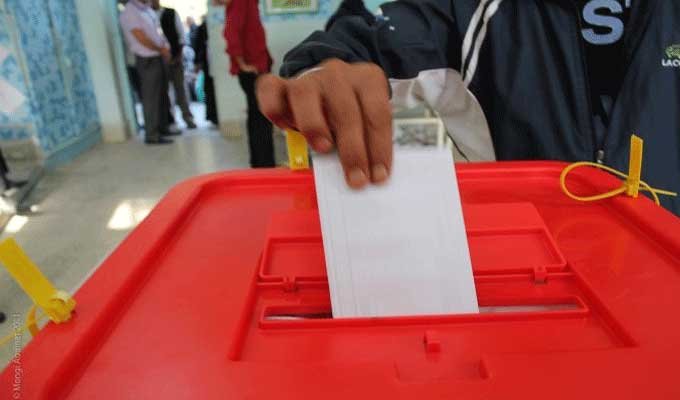For the first free legislative elections in the history of Tunisia that took place in 2014, the European Union dispatched an important observation mission. Also invited by the Independent Higher Electoral Commission (ISIE), a rather modest observation mission of the Congress of Local and Regional Authorities of the Council of Europe were deployed for the Tunisian municipal elections on May 6, 2018.
The European Union Election Observation Mission (EU-EOM) deployed 124 observers. They visited a total of 537 polling stations of 221 municipalities out of the country’s 300. A “significant operation, with hardly any precedents in past municipal elections,” said Fabio Massimo Castaldo, vice president of the European Parliament and chief observer of the European mission. For its part, the Council of Europe (COE) was represented by seven observers who were members of the Congress of Local and Regional Authorities.
The preliminary findings of the two missions came together to acknowledge a “well-organized elections,” according to the COE, and “a crucial step for Tunisian democracy,” adds the EU-EOM.
Observers have noted, however, a number of irregularities, especially during the election campaign, and are worried about the high rate of abstention, particularly among young people. The COE noted “isolated organizational problems” of the Independent Higher Electoral Commission and the “accusations of misuse of administrative resources” for partisan purposes.
The weak mobilization of voters raises the question of disinterest for public life. Only 34% of the 5.4 million voters took part in voting. This figure is related to “a difficult socio-economic context and the disenchantment of a part of the population,” said Xavier Cadoret, head of the mission of the COE. “We must question the reasons for this abstention, especially among young people,” said William Massolin, director of the Tunis office of the Council of Europe.
The EU-EOM points to the difficulties of the Independent Higher Electotal Commission (ISIE) which has been “significantly delayed” in the preparations leading to the election deadline. Part of the blame lies with the “crisis that has affected its functioning”, in reference to the resignation of its previous president, Charfik Sarsar, who had successfully accomplished the three past elections held since 2011
Another downside is related to the election campaign that was “barely visible in the public space”. This was to blame on the ISIE’s “excessively rigid” control of the campaign, in particular the “relatively low ceiling of campaign expenses”, according to Fabio Massimo Castaldo, Vice-President of the European Parliament and Chief Observer of the European Mission. Similarly, the media coverage, which was considered “balanced” has been limited because of the “complexity to regulate the distribution of airtime” established by the High Authority of Independent Audiovisual Communication (HAICA). Correspondents in the foreign press also complained about restrictions on their work. The electoral law prohibits candidates from campaigning in the international media. A list of suspected offenders has even been sent to HAICA with possible fines.
TunisianMonitorOnline (Rached Cherif, Le courier de l’atlas, Friday, May 11, 2018, translated by Fathi Mohamed)




